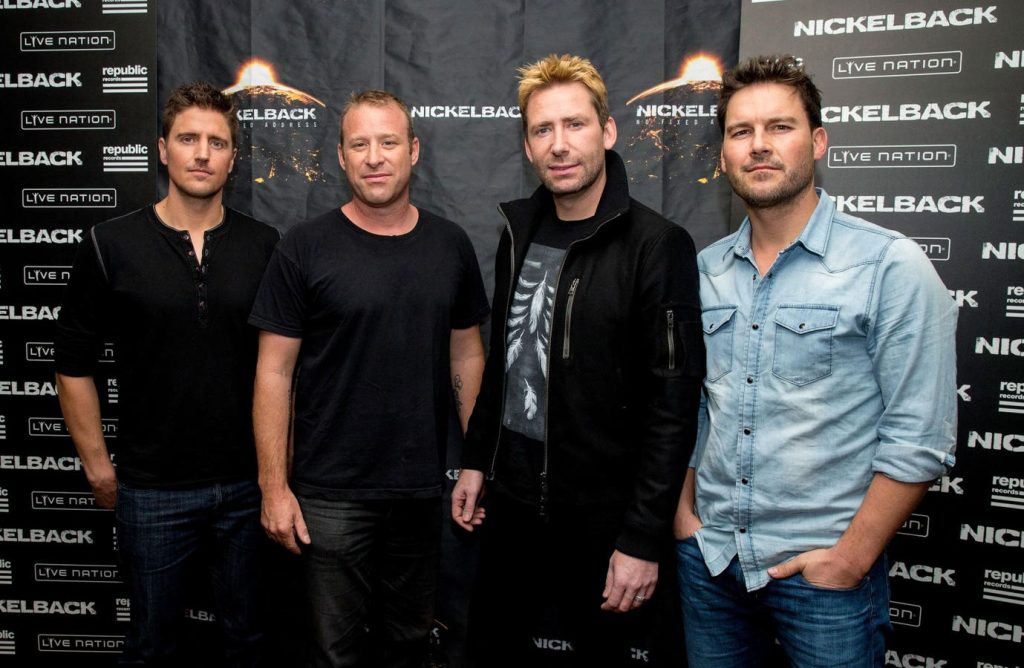After more than two decades in the music industry, Nickelback remains a polarizing band, with a mix of devoted fans and outspoken critics. The Canadian rock group achieved massive success in the early 2000s with hits like “How You Remind Me,” but also gained a reputation as the most hated band in America. Despite selling millions of albums and touring worldwide, Nickelback faced a wave of negativity that impacted the band and its members.
The documentary Love to Hate: Nickelback delves into the band’s journey, from their humble beginnings to their rise to fame and subsequent fall from grace in the public eye. Director Leigh Brooks and producer Ben Jones aimed to shed light on Nickelback’s story and challenge the negative perception that surrounds them. Through interviews and concert footage, the film shows a different side of the band, highlighting their hard work and dedication to their music.
Brooks and Jones faced challenges in making the documentary, including convincing the band members to open up about the hate they have endured over the years. Nickelback had never delved into their personal struggles with the backlash they faced, but the filmmakers were persistent in exploring this difficult chapter. By showing a more vulnerable and human side of the band, Love to Hate: Nickelback aims to change viewers’ perspectives and challenge stereotypes.
The decision to release the documentary in theaters was unexpected but has been well received by audiences. With its focus on Nickelback’s journey and the impact of public opinion on the band, the film offers a unique perspective on a band that has been both celebrated and criticized. The filmmakers hope that viewers will come away with a new understanding of Nickelback and a fresh appreciation for their music and performances.
Through candid interviews and behind-the-scenes footage, Love to Hate: Nickelback provides a glimpse into the lives of the band members and the challenges they have faced. The film captures the band’s resilience in the face of intense scrutiny and aims to humanize the musicians behind the controversial image. By bringing their story to the big screen, Brooks and Jones hope to spark a conversation about the nature of fame, public perception, and the impact of hate on artists.
As Love to Hate: Nickelback premieres in theaters, the filmmakers encourage audiences to approach the documentary with an open mind and consider the complexities of the band’s experience. While Nickelback may continue to face criticism and backlash, the film offers a new perspective on their legacy and the obstacles they have overcome. Ultimately, Love to Hate: Nickelback invites viewers to reconsider their opinions and see the band in a different light, challenging the narrative that has long defined Nickelback in the public consciousness.


